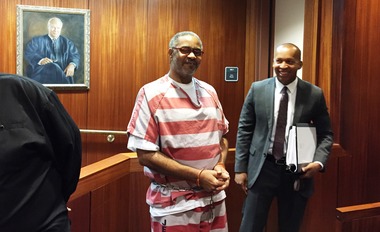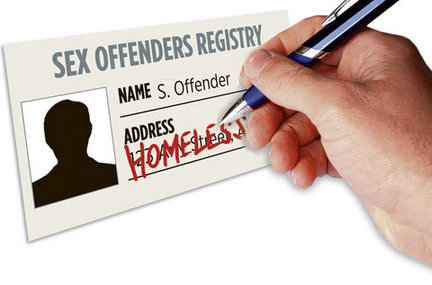 MY SOURCES CLAIM ANOTHER ALTERCATION STILL HASN’T BEEN MADE PUBLIC
MY SOURCES CLAIM ANOTHER ALTERCATION STILL HASN’T BEEN MADE PUBLIC
April 13, 2005, The Washington Post published disturbing new information on Sunday about the death of Natasha McKenna, a 37- year old woman with schizophrenia who died after being struck by a taser while in the Fairfax County Detention Center. On February 10th, I noted on this blog that the 130 pound McKenna had been shot repeatedly with a taser even though she had initially agreed to cooperate with deputies trying to remove her from her cell. That blog prompted the Post and other Washington area media to launch their own investigations.
Now Washington Post reporters Tom Jackman and Justin Jouvenal have provided the public with the first complete picture of what happened to McKenna on the day that she was shocked four times with 50,000 volts. Their story, which is based on internal incident reports, is especially difficult to read if you have a loved ones with a mental illness who has been arrested.
The internal reports reveal that McKenna was “restrained with handcuffs behind her back, leg shackles and a mask when a sheriff’s deputy shocked her four times.”
There is still more to this story, according to my sources. Before McKenna was shot with a taser, she was involved in an altercation three days earlier on January 31st after she leaned a mattress in her cell against the door to block a window so deputies could not see inside. Two deputies decided to open the door, grab the mattress, and jerk it out of the cell before McKenna could react. However, McKenna grabbed the mattress and was dragged with it out of her cell. A female deputy reacted by striking McKenna with an open palm against her head, my sources said.






